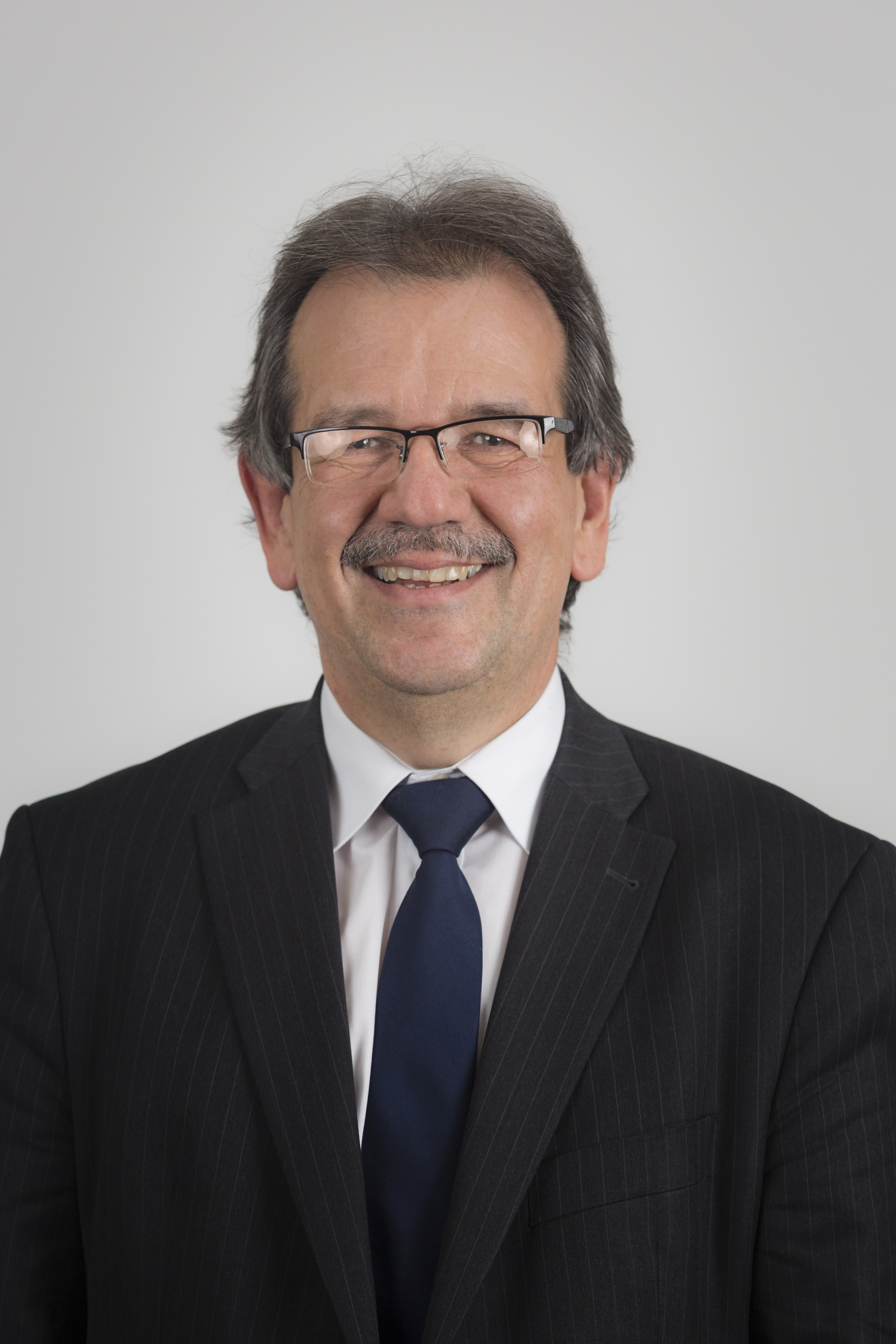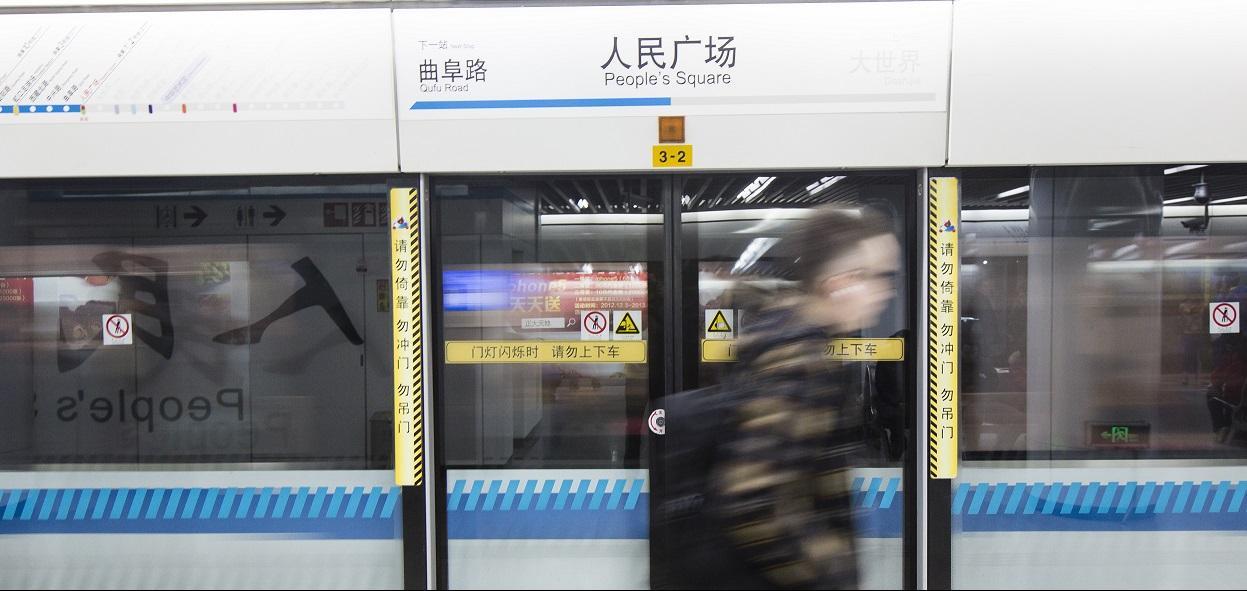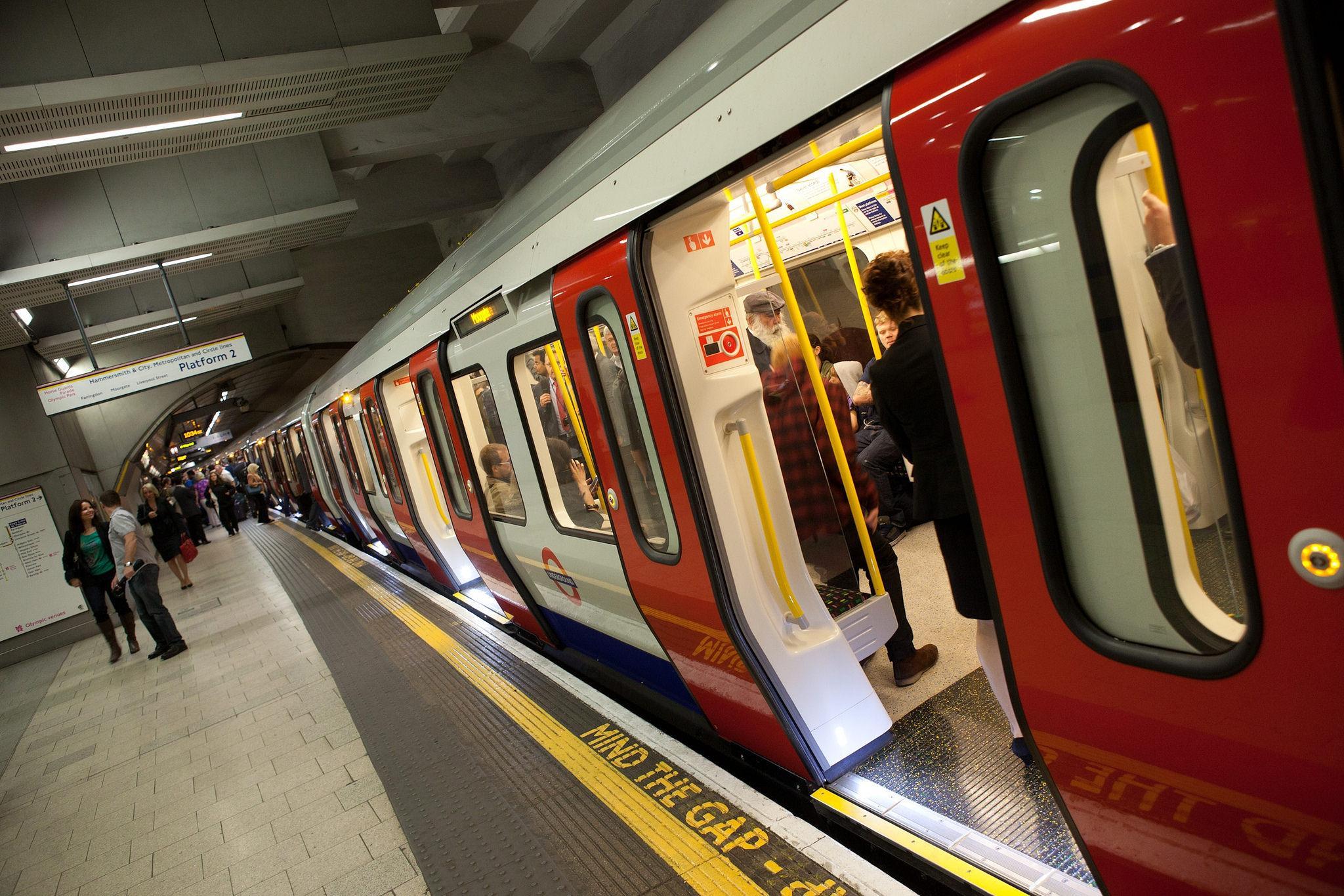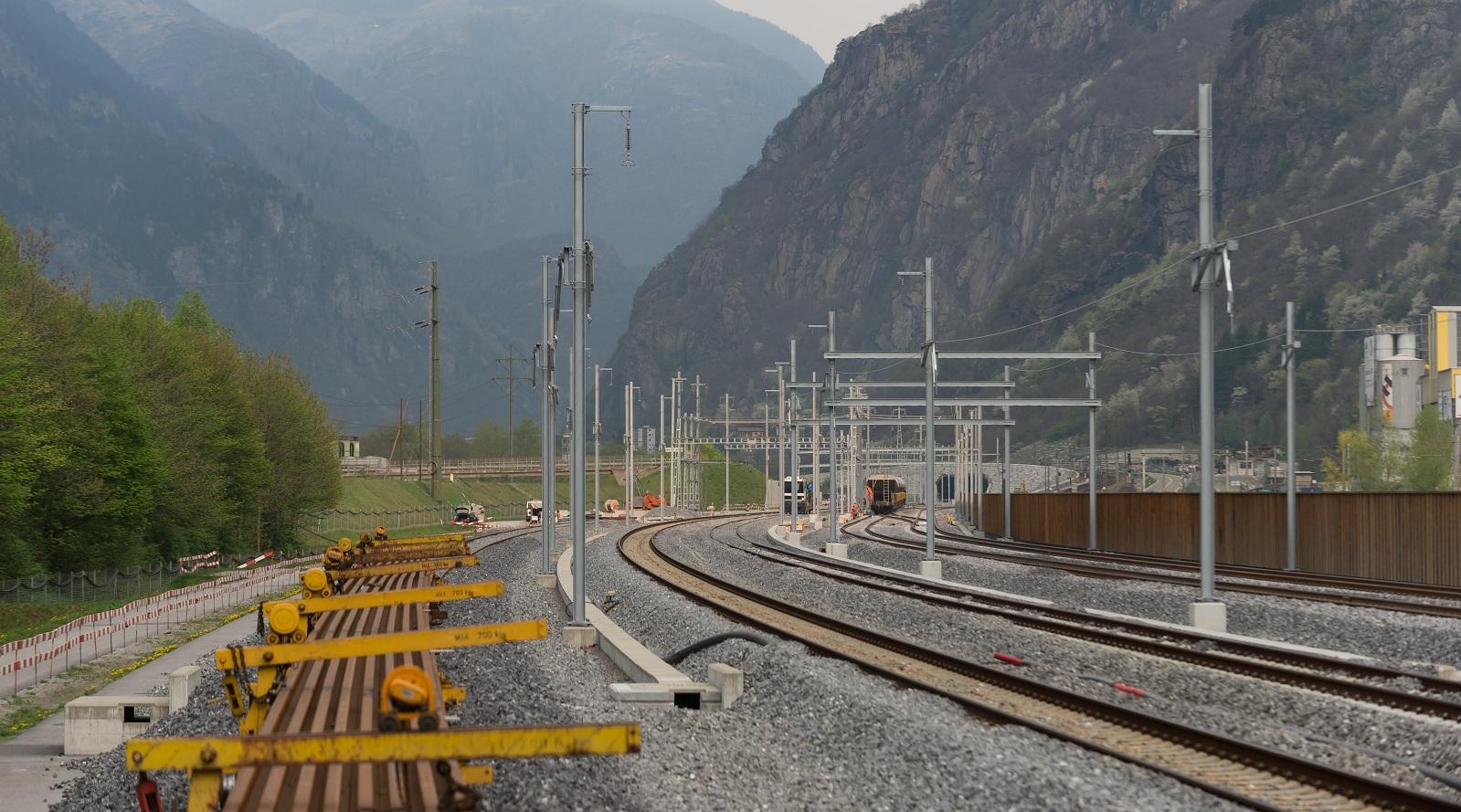“We are uniquely positioned to help make our clients’ digital transformation a success”
Following the award of a symbolic new signalling contract in Shanghai and an excellent year for the Group’s Transportation activity globally, Millar Crawford, SVP Ground Transportation Solutions, looks back on recent successes and towards the future of the rail industry.
Thales’s joint venture with Shanghai Electric has been awarded the signalling contract for the city’s pilot project for a metro line run by Fully Automated Operation. How significant is this contract?
MC: The ambition of the city of Shanghai, with a rapidly expanding population now totalling over 24 million people, is to meet both growing demand for metro transport capacity. This project is particularly significant because it is the first driverless line installation with a highly integrated management system. We are very proud and happy that our capabilities have received this recognition, and look forward to working alongside our client to make this ambition a reality. China is the largest urban rail signalling market in the world and this Fully Automated Operation reference will help Thales to strengthen its leadership in the country.

This latest success comes after a year that was already an excellent one for Thales’s Transportation activity. In your opinion, what were the most significant contracts and achievements in 2017?
2017 was indeed a fantastic year for our transportation activity, and that across all of our domains and markets, from the Automatic Fare Collection (AFC) system for the Bangkok metro’s Blue Line Extension to the continued successful execution on customer schedule of 4LM* in London. It is difficult to mention just three or four examples, but we should highlight the mainline success we had with several new lines in Poland, the signalling solutions will be providing on the pan-European Corridor IV in Romania, and the deal we signed with Egypt National Railways for the modernisation of the signalling and telecommunications systems in the main Alexandria–Cairo–Aswan rail corridor. Also in Africa, beginning work on the Regional Express Train which will link the capital of Senegal to its new international airport was a significant moment.

In your opinion, what makes Thales stand out from its competitors?
Today, the rail transport industry an attractive and expanding market with room for many players, but customers need trustworthy partners who can help them to move towards tomorrow’s systems. Rail and urban infrastructure projects can be extremely long and complex, and our clients know that we remain alongside them until the end, doing whatever it takes to bring success.
Thales is a partner they can truly trust to deliver ongoing projects while respecting operators’ constraints and new demands. Our innovative solutions are of course another key factor. We can mention for example the implementation of our European Train Control System (ETCS), which is supporting rail transformation and connecting countries at high speed, such as in the Gothard Tunnel or on the main European corridors.
The industry has a long and rich history, and in the past has sometimes been slow to evolve, but we are now entering a period where we will see fundamental changes in the way systems and networks function and the services that can be offered. With more than 25,000 employees directly involved in research and technology, and unrivalled experience in moving people safely – from the bottom of the ocean into space - Thales knows how to anticipate these big changes.
Looking ahead to the future, what in your opinion are these fundamental changes in the transportation industry?
The next revolution in transportation will clearly be the impact of autonomy on mobility with significant impact for the passenger.. It is still early days for these kinds of projects, but Thales is already deeply implicated in research and studies in this sector, as a founding member of the European Shift2Rail organisation which is investigating innovative ways to promote a modal shift from road to rail, and directly with transport operators around the world.
Autonomy will be driven by technologies that are an integral part of the Thales value proposition. To function efficiently and safely, autonomous trains and networks will rely on sensors and data fusion, satellite positioning and inertial navigation, all Thales core businesses. In addition, autonomous train systems, network operations and maintenance will rely on connectivity, Big Data and Artificial Intelligence, which again plays to the strengths of Thales. With autonomy relying so much on technology, the cybersecurity of components, sub-assemblies and the overall rail transport system is also essential. All Thales are cybersecured by design, with our own in-house solutions.

The ultimate goal of our clients is to offer more frequent services, shorter journey times and a more efficient pleasant end-to-end travel experience. Autonomy is the way to reduce the burden of heavy infrastructure to allow operators to focus on accelerating the development of new passenger mobility services.
The know-how of the entire Thales organisation, our sensor fusion, data processing and security systems, are all geared towards meeting this ambition. We are uniquely positioned to help make the digital transformation of our clients a success.
The merger of the railway activities of Siemens and Alstom was a big story last year. What impact could this have on Thales’s transport strategy?
With 40-60% overcapacity worldwide and low profitability in the rolling stock sector, the Siemens/Alstom merger is an entirely logical step in this market. All players naturally want to strengthen their positions by consolidating. As Thales does not manufacture rolling stock and because our systems are platform-agnostic, we are less impacted by these movements. We are not dependent on any particular rolling stock manufacturer, which is a significant advantage because it gives us the freedom and agility we need to adapt our systems to any existing platform.
We do not underestimate the impact that ongoing restructuring in the sector might have and we are not complacent, but size is not our primary focus. Our response is to focus on technology and leadership. We intend to achieve premium positioning by leveraging our digital technologies, our capacity for innovation, and our record of customer satisfaction. This is true both in the mainline rail market, where Thales has installed ETCS on 17,000km of lines worldwide and ARAMIS traffic control systems for 72,000km of lines used by 52,000 trains per day, and in the urban rail market where Thales is a world market leader with its CBTC (Communication Based Train Control) signalling system.

What milestones are you looking forward to in 2018?
Once again, our mission is to support the big ambitions of our clients. We’re looking forward to being by their side for all the projects we are working on together, and also on the move towards autonomy which is going to be a really exciting journey!
I would though like to take this opportunity to invite our clients and potential customers to come and see us at Innotrans 2018 in Berlin in September, where they will discover some of the innovations and new products we will be unveiling!
*4LM: Four Lines Modernisation (4LM). 4LM is a project to upgrade the signalling systems of four of London Underground’s most important railway lines: Circle, District, Hammersmith & City and Metropolitan, the world’s largest signalling upgrade